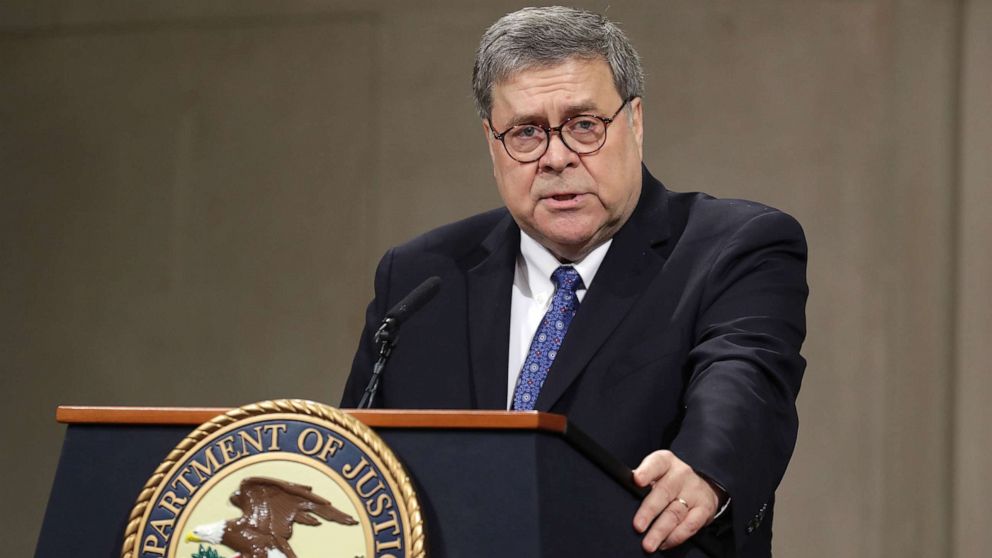Are Mueller and Barr really on different pages about Trump and obstruction?
Shortly after special counsel Robert Mueller on Wednesday offered his first public remarks about his two-year investigation into Russian meddling and possible efforts by President Donald Trump to obstruct the probe, House Democrats and others began describing Mueller’s account as “a direct rebuke” and a “contradiction” to Attorney General Bill Barr’s own public statements on the matter.
But are Mueller and Barr really on different pages? Here is where they seem to agree, and where they don’t:
They agree: A sitting president cannot be indicted
Both Mueller and Barr agree that a Justice Department memorandum from 2000 created a policy that a sitting president cannot be indicted while in office.
To do so would interfere with a chief executive’s constitutional responsibilities and authorities, according to the Office of Legal Counsel opinion, written in the aftermath of the independent counsel’s investigation of then-president Bill Clinton.
On Wednesday, Mueller was explicit: “[U]nder long-standing department policy, a President cannot be charged with a federal crime while he is in office. That is unconstitutional.”
Barr has similarly recognized the OLC opinion, citing it in recent testimony to Congress.
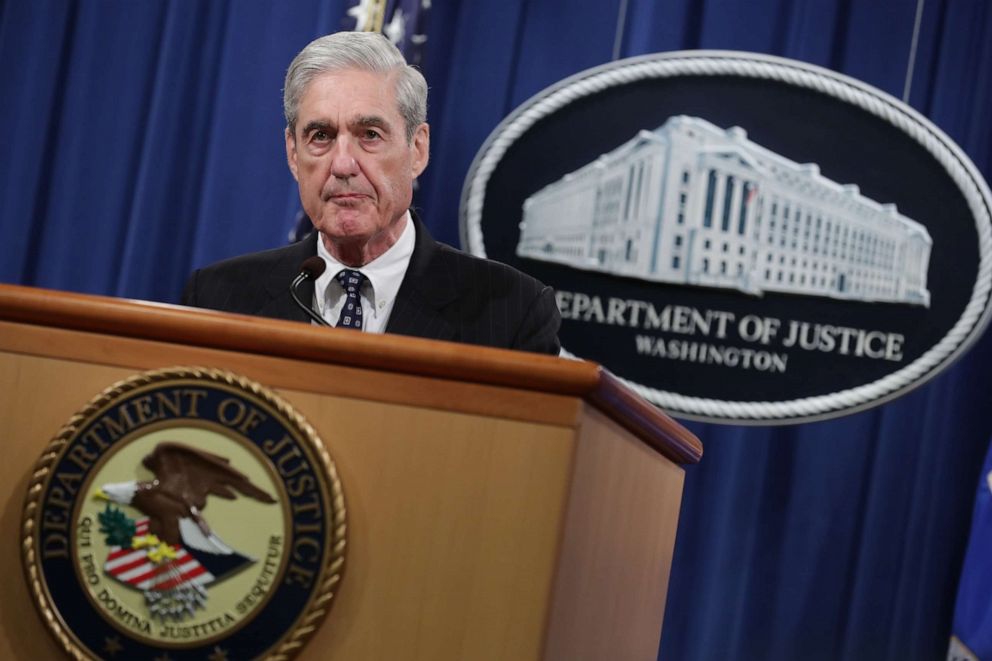
They disagree: Mueller shouldn’t assess whether criminal obstruction occurred
But Barr and Mueller disagree on a key question: Even if a president can’t be indicted, can a prosecutor publicly accuse a president of committing crimes?
In his testimony to Congress three weeks ago, Barr explicitly said he believes it was Mueller’s responsibility “to determine whether or not conduct was criminal,” even though Trump “could not be charged as long as he was in office.”
Mueller, however, feels differently. On Wednesday, he defended his handling of the matter, citing the OLC opinion and "principles of fairness.”
“When no charges can be brought,” Mueller wrote in his final report, a prosecutor shouldn’t undertake an assessment that “potentially” could accuse someone of a crime.
“An individual who believes he was wrongly accused can use [the trial] process to seek to clear his name,” but a prosecutor's public statement of criminal conduct "affords no such adversarial opportunity for public name-clearing before an impartial adjudicator,” Mueller said.
So, "we concluded that we would not reach a determination – one way or the other – about whether the President committed a crime,” Mueller added Wednesday.
Barr has not said what he would have done – in light of the OLC opinion – if Mueller did reach a determination, and that determination was to recommend charges against Trump.
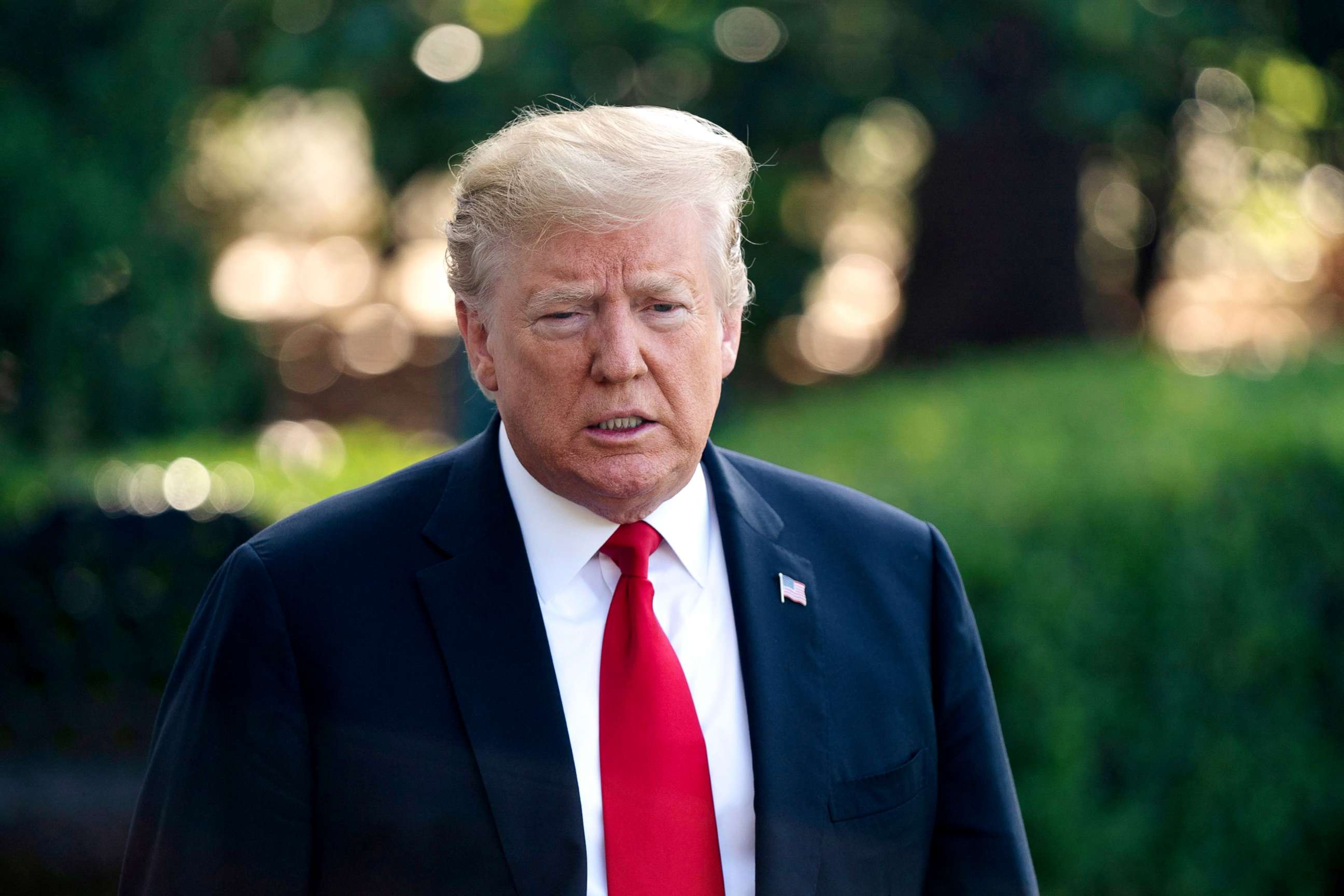
They agree: Mueller found at least some evidence of obstruction, but further analysis was required
Mueller and Barr both seem to agree that Mueller uncovered at least some evidence possibly pointing to obstruction.
“[F]or each of the relevant actions investigated, [Mueller’s] report sets out evidence on both sides of the question,” Barr wrote in his March 24, 2019, letter to Congress.
And as Mueller declared on Wednesday: “If we had confidence that the President clearly did not commit a crime, we would have said that.”
Some evidence, however, may not always be enough to bring charges. So Mueller and Barr seem to agree that further legal analysis – looking at all of Mueller's evidence – was needed to determine whether Trump's conduct actually amounted to crimes.
But, as described above, Mueller stopped short of engaging in that further analysis. He and his team never reached the point of assessing whether Trump did – or did not – engage in criminal conduct.
Barr recently told Congress that he specifically asked Mueller multiple times whether Mueller would have recommended charges against Trump if only the OLC opinion didn't stand in his way. And, according to Barr, Mueller denied that was the case.
“Special counsel Mueller stated three times to us … in response to our questioning that he emphatically was not saying that, but for the OLC opinion, he would have found obstruction,” Barr told the Senate Judiciary Committee three weeks ago.
After Mueller abstained, Barr conducted the further legal analysis himself, making the final decision that charges were not warranted.
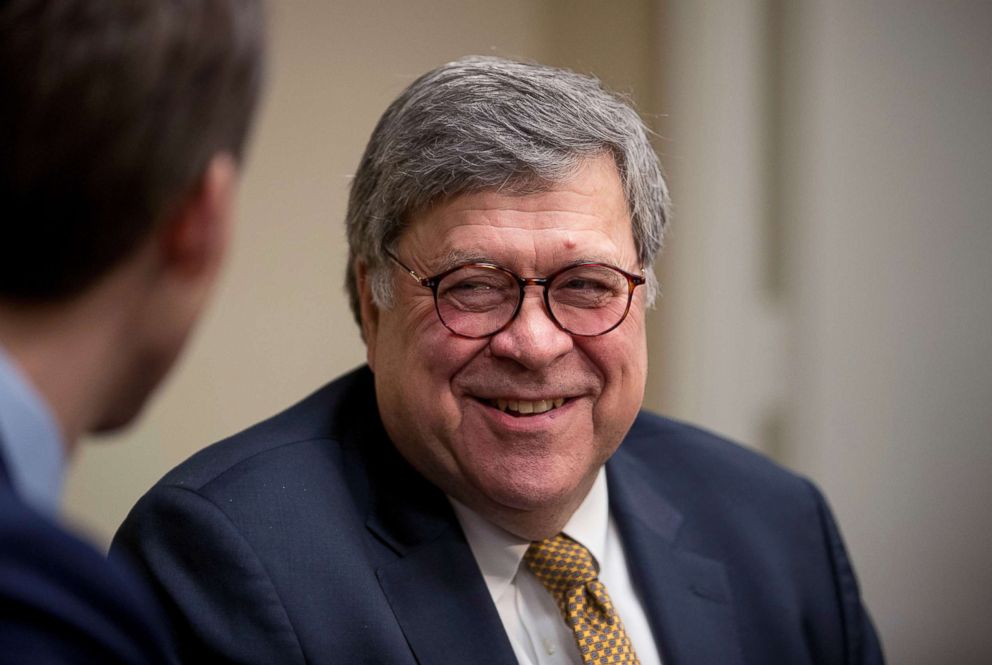
Unclear: Does Mueller agree with Barr’s ultimate decision?
It’s unclear whether Mueller agrees with Barr’s ultimate decision. Mueller has remained completely silent on the issue, even as Barr continues to defend his own handling of the matter.
“I think that the government did not have a prosecutable case,” Barr recently told lawmakers.
As Barr saw it, the totality of Mueller’s evidence and “the context” of Trump’s actions made it difficult for the Justice Department to prove beyond a reasonable doubt that the president committed “obstructive acts” and had “corrupt intent" – key elements of any obstruction charge.
“The president took no act that in fact deprived the Special Counsel of the documents and witnesses necessary to complete his investigation,” and “there is substantial evidence to show that the president was frustrated and angered by a sincere belief that the investigation was undermining his presidency,” Barr said in prepared remarks on April 18, 2019, just minutes before releasing a redacted version of Mueller’s report.
Those are “non-corrupt motives,” Barr said.
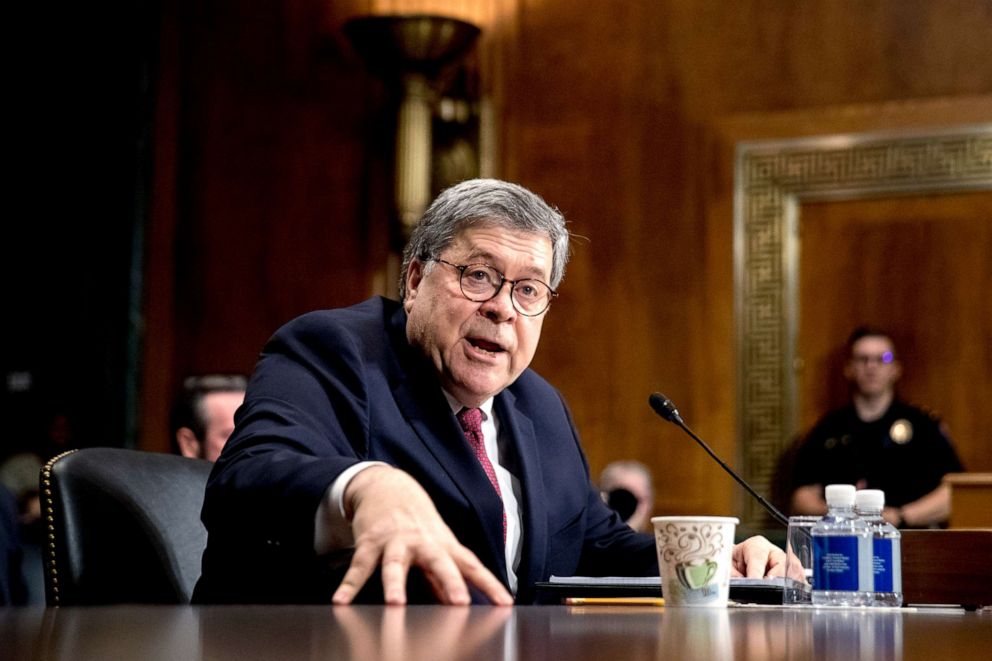
For their part, Mueller and his team never made a final determination over whether Trump’s motives were in fact “corrupt” – even though they did conclude that some of Trump’s actions were likely intended to influence and limit Mueller’s investigation.
According to their report, “substantial evidence indicates” that Trump’s push to have then-attorney general Jeff Sessions limit Mueller’s jurisdiction to only future election interference “was intended to prevent further investigative scrutiny of the President's and his campaign's conduct.”
In addition, evidence “concerning the President's conduct towards” Paul Manafort, Trump’s former campaign manager who was prosecuted for an array of financial crimes, “indicates that the President intended to encourage Manafort to not cooperate with the government,” the report said.
Nevertheless, in other instances, the report said evidence pointing to Trump’s intent was “inconclusive” or “[did] not establish that the President intended” to “stop or interfere” with the Russia probe.
“[W]hile this report does not conclude that the President committed a crime, it also does not exonerate him,” Mueller and his team wrote. And on Wednesday, Mueller pointedly repeated a line from his report, insisting, "If we had confidence that the president clearly did not commit a crime, we would have said so."
They disagree: Mueller shouldn’t have investigated if he wasn’t going to rule on obstruction
During his remarks on Wednesday, Mueller pushed back on any notion that he shouldn’t have investigated Russian meddling and Trump’s subsequent actions if he wasn’t going to make a final determination on whether Trump unlawfully obstructed justice.
Russian operatives “launched a concerted attack on our political system,” and, “The matters we investigated were of paramount importance,” Mueller said.
“It was critical for us to obtain full and accurate information from every person we questioned. When a subject of an investigation obstructs that investigation or lies to investigators, it strikes at the core of the government’s effort to find the truth and hold wrongdoers accountable,” he insisted.
And, he said, the OLC opinion that blocks the indictment of a sitting president “explicitly permits the investigation of a sitting president because it is important to preserve evidence while memories are fresh and documents are available.”
“Among other things, that evidence could be used if there were co-conspirators who could now be charged,” and Congress can initiate a process “to formally accuse a sitting President of wrongdoing,” he said.
But Barr has strongly rejected the idea that the Justice Department – as part of the executive branch – should be used to conduct investigations for Congress – the legislative branch – or anyone else.
“We don't conduct criminal investigations just to collect information and put it out to the public. We do so to make a decision,” Barr told a Senate panel three weeks ago.
“If [Mueller] felt that he shouldn't go down the path of making a traditional prosecutive decision then he shouldn't have investigated,” Barr added.
